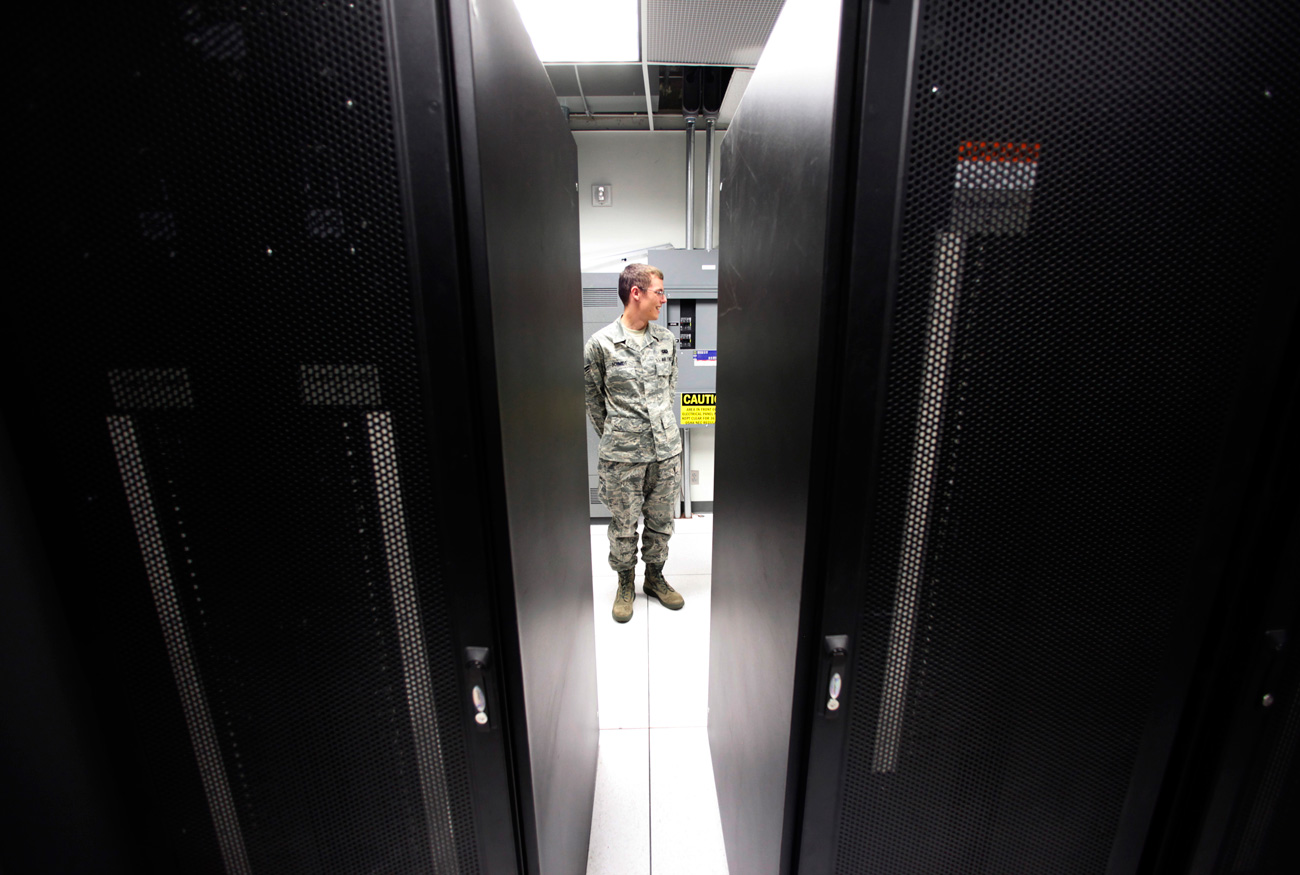Why special services do not share intelligence on terrorists

"Very few professionals would want to put years of work at risk to save a few foreign citizens."
Getty ImagesAlthough the terrorist act in Manchester Arena came as a surprise to the British special services, it cannot be ruled out that other countries' special services may have had information that could have averted the tragedy.
The same thing can also be said with what happened in the St. Petersburg metro: Cynical though this may sound, special service agents rarely share high-value information with their foreign partners, even if human lives are at stake.
Why 'sources' are more precious than lives
Intelligence services around the world obtain information about the plans of terrorists through their sources - agents working undercover. The reports that come in are sent to national databases, from which the police get information on suspects. In Europe these databases are supplemented by the common Schengen Information System.
The problem of such systems is that it’s difficult to detect an active terrorist in a large mass of data without a direct prompt from the national special services' own sources, or from foreign counterparts.
Salman Abedi, Manchester suicide bomber, had his name on a list of people suspected of harboring radical ideas, but none of Britain's allies, it seems, tipped off the UK about his plans.
The special services rarely share such information with other countries for one reason: The sharing of genuinely high-value operational information (for instance, about the location and timing of a planned terrorist attack) risks "flushing out" the source who obtained the information.
For intelligence professionals, the divulging of operational information about the preparation of a terrorist act to allies frequently means placing the life of the source at risk. And it’s one matter if it’s a recruited member of ISIL, and quite another when it’s your country's officer who has been specially planted in the terrorist organization.
The infiltration of the special services' own agent into the terrorists' ranks is an exceedingly difficult task. Very few professionals would want to put years of work at risk to save a few foreign citizens. However cynical it may seem, in the eyes of the majority of special service officers, 20 human lives or so is a price worth paying for keeping open a channel of information which could save hundreds or thousands of your country's citizens in the future.
Naturally, the special services of close allies (such as the U.S. and Britain) still exchange information. But the trouble is that the information is often carefully edited and boiled down in order to conceal its origin and thus protect the source.
Anti-terrorist coordinating center
In the case of the terrorist act in Manchester, it’s possible that the Americans were informing British intelligence of the threat posed by Salman Abedi, but valuable information is likely to have been passed on in the form of a nondescript report that could easily have got lost in the department that deals with updating the anti-terrorist databases. It’s highly likely that this important information simply did not reach the anti-terrorist units in Manchester.
The supply of information to the end user on an international level can only be done by a specially created mandated group of coordinators with the ability to contact units of the special services of all interested countries quickly and effectively.
The creation of such a center, manned not by clerks but by professional intelligence officers ready collectively to cipher sources of information, analyze data based on relevance, and ensure collaboration in the conduct of anti-terrorist operations could place a barrier in the path of the terrorist threat. The trouble is that the intelligence services don't like sharing their secrets.
Read more: Could Trump have passed sensitive information to Russia?>>>
If using any of Russia Beyond's content, partly or in full, always provide an active hyperlink to the original material.
Subscribe
to our newsletter!
Get the week's best stories straight to your inbox
